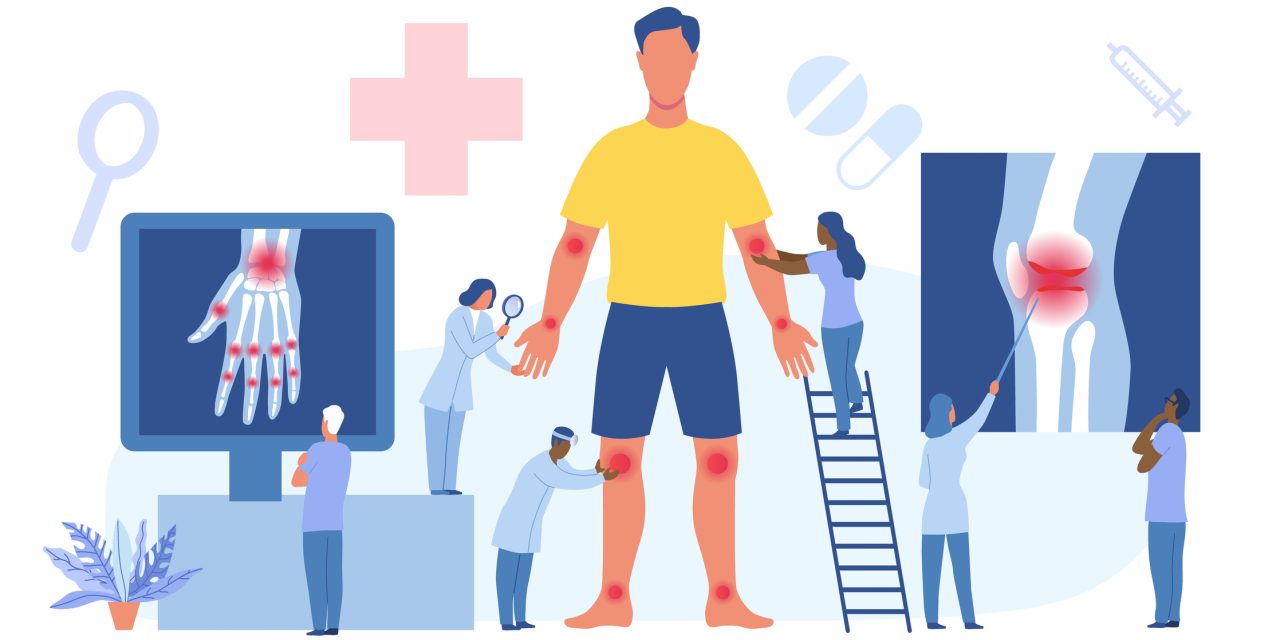Low back pain (LBP) is a global public health issue. Psychosocial factors are linked to LBP. However, there is a lack of knowledge about the relation of psychosocial factors to clinical outcomes of patients with severe LBP.
To investigate the relationship between specific psychosocial factors with severe pain and functional limitation of patients with LBP.
A cross-sectional study of 472 participants with LBP was conducted. Participants completed self-reported questionnaires, including psychosocial factors, characteristics of pain, and functional limitations. Two multivariable logistic regression models were performed with severe pain intensity (≥ 7 out of 10) and functional limitation (≥ 7 out of 10) (dependent variables) and 15 psychosocial factors (independent variables).
One hundred twenty-five (26.5%) participants had severe LBP. Patients with catastrophising symptoms were 2.21 [95%Confidence Interval (CI): 1.30, 3.77] times more likely to have severe pain and 2.72 (95%CI: 1.75, 4.23) times more likely to have severe functional limitation than patients without catastrophising symptoms. Patients with maladaptive beliefs about rest were 2.75 (95%CI: 1.37, 5.52) times more likely to present with severe pain and 1.72 (95%CI: 1.04, 2.83) times more likely to have severe functional limitation. Patients with kinesiophobia were 3.34 (95%CI: 1.36, 8.24) times more likely to present with severe pain, and patients with social isolation were 1.98 (95%CI: 1.25, 3.14) times more likely to have severe functional limitation.
Catastrophising, kinesiophobia, maladaptive beliefs about rest, and social isolation are related to unfavourable clinical outcomes of patients with LBP.
Copyright © 2022 Associação Brasileira de Pesquisa e Pós-Graduação em Fisioterapia. Publicado por Elsevier España, S.L.U. All rights reserved.
Which psychosocial factors are related to severe pain and functional limitation in patients with low back pain?: Psychosocial factors related to severe low back pain.


